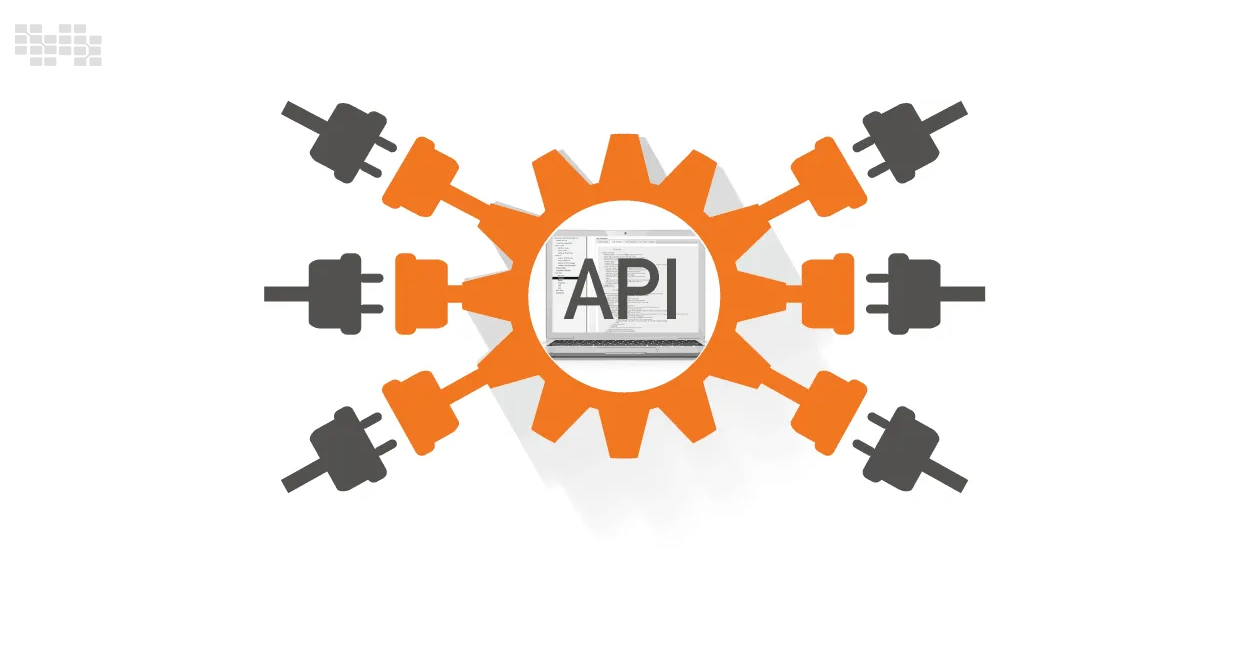
RESTful vs. RPC: Comparing Two Distinct API Architectural Approaches
Amr Saafan
Founder | CTO | Software Architect & Consultant | Engineering Manager | Project Manager | Product Owner | +27K Followers | Now Hiring!
When it comes to designing and implementing APIs, developers have a plethora of architectural styles to choose from. Two prominent options are Representational State Transfer (REST) and Remote Procedure Call (RPC). Both approaches have their own strengths, weaknesses, and use cases. In this blog post, we will delve into the differences between RESTful and RPC APIs, along with real-world C# code examples to highlight their distinctions.
## Understanding RESTful APIs
RESTful, short for Representational State Transfer, is an architectural style that emphasizes a stateless client-server communication model. It revolves around resources, which are identified by URLs and manipulated using standard HTTP methods (GET, POST, PUT, DELETE, etc.). RESTful APIs are designed to be scalable, simple, and loosely coupled.
### C# Example: Creating a RESTful API Endpoint
Let's consider a scenario where we're building a simple task management system using C# and ASP.NET Core. We'll create a RESTful API endpoint to retrieve a list of tasks:
```csharp
[ApiController]
[Route("api/tasks")]
public class TasksController : ControllerBase
{
??private readonly List<Task> _tasks = new List<Task>
??{
????new Task { Id = 1, Title = "Complete Blog Post", Done = false },
????new Task { Id = 2, Title = "Prepare Presentation", Done = true }
??};
??[HttpGet]
??public IActionResult GetTasks()
??{
????return Ok(_tasks);
??}
}
```
In this example, we use the HTTP GET method to retrieve a list of tasks from the "/api/tasks" endpoint. The resource (tasks) is represented by the URL, and the HTTP method reflects the action (retrieve). This aligns with the principles of a RESTful API.
## Exploring RPC APIs
Remote Procedure Call (RPC) is another architectural style that focuses on invoking methods or procedures on a remote server as if they were local. RPC APIs are typically used when there's a need for tight coupling between the client and server, often in scenarios where performance and efficiency are crucial.
### C# Example: Implementing an RPC API
Let's continue with our task management system, but this time, we'll implement an RPC-style API to mark a task as done:
```csharp
public interface ITaskService
{
??void MarkTaskAsDone(int taskId);
}
public class TaskService : ITaskService
{
??private readonly List<Task> _tasks;
??public TaskService(List<Task> tasks)
??{
????_tasks = tasks;
??}
领英推荐
??public void MarkTaskAsDone(int taskId)
??{
????var task = _tasks.FirstOrDefault(t => t.Id == taskId);
????if (task != null)
????{
??????task.Done = true;
????}
??}
}
// In the controller
[ApiController]
[Route("rpc/tasks")]
public class RpcTasksController : ControllerBase
{
??private readonly ITaskService _taskService;
??public RpcTasksController(ITaskService taskService)
??{
????_taskService = taskService;
??}
??[HttpPost("mark-as-done/{taskId}")]
??public IActionResult MarkTaskAsDone(int taskId)
??{
????_taskService.MarkTaskAsDone(taskId);
????return Ok();
??}
}
```
In this example, we define an RPC-style API for marking tasks as done. The client invokes the method "MarkTaskAsDone" on the server by making a POST request to the "/rpc/tasks/mark-as-done/{taskId}" endpoint.
## Comparing RESTful and RPC APIs
Now that we've explored both RESTful and RPC API styles, let's compare them based on various factors:
1. **Coupling and Abstraction**: RESTful APIs encourage loose coupling and emphasize resource-oriented design. RPC APIs can lead to tighter coupling due to the direct invocation of remote methods.
2. **HTTP Methods**: RESTful APIs utilize standard HTTP methods for different actions on resources. RPC APIs usually rely on a few HTTP methods (often POST) for various actions.
3. **Statelessness**: RESTful APIs are inherently stateless, which simplifies scalability. RPC APIs might require server-side state to manage ongoing method calls.
4. **Visibility**: RESTful APIs are more discoverable and self-documenting due to standardized HTTP methods and resource-based URLs. RPC APIs might require additional documentation to understand available methods.
5. **Use Cases**: RESTful APIs are great for building scalable, distributed systems with loose coupling. RPC APIs are suitable when performance optimization and direct method invocation are critical.
## Conclusion
In the world of API architectural styles, both RESTful and RPC approaches have their merits and best-fit scenarios. RESTful APIs prioritize simplicity, scalability, and loose coupling, while RPC APIs focus on performance and direct method invocation. When designing your API, it's essential to consider your project's requirements and choose the style that aligns best with your goals.
Remember that these examples are just scratching the surface of what RESTful and RPC APIs can offer. By understanding their differences and advantages, you'll be better equipped to make informed decisions about which approach is most suitable for your specific use case.